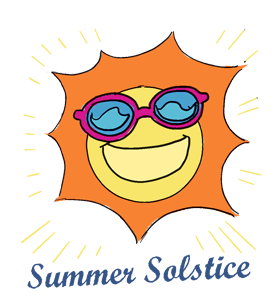

Summer Solstice
Summer Solstice Quick Facts - NL
| AKA Name | Sommersonnenwende |
|---|---|
| HashtagsCompiled on | #SummerSolstice2020 |
| 2024 Date | 20 June 2024 |
| 2025 Date | 21 June 2025 |
2024 Holidays & Dates
| Netherlands & Common Holidays | ||
| Misc. & Int'l. Observances | ||
| Christian Holidays | ||
| Jewish Holidays | ||
| Muslim Holidays |
|
|
|
|
